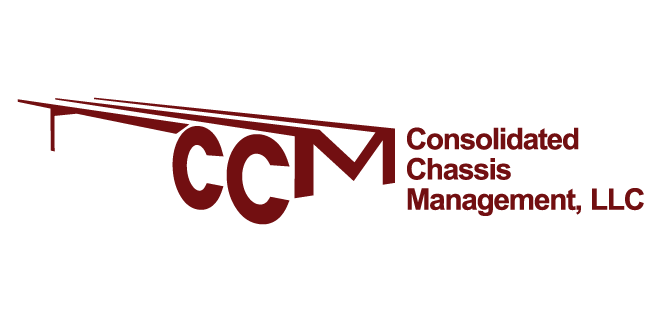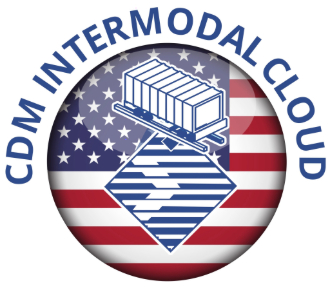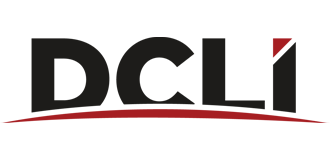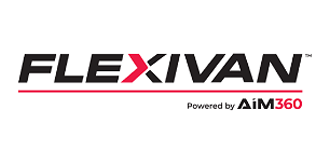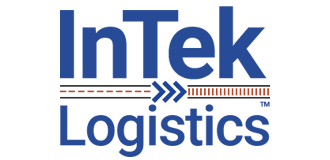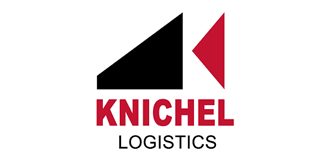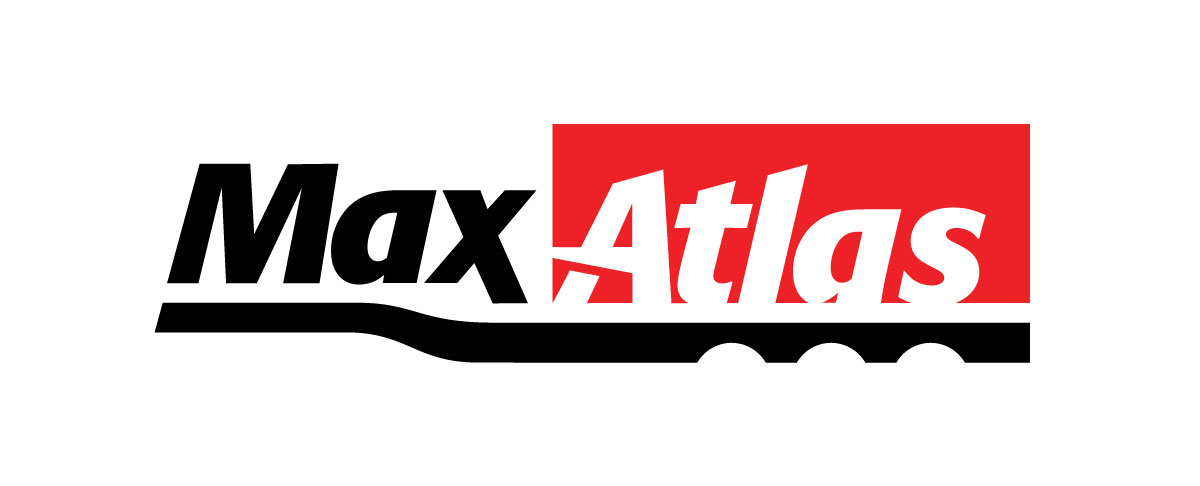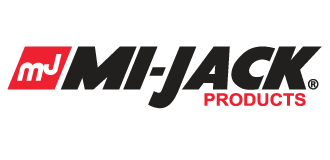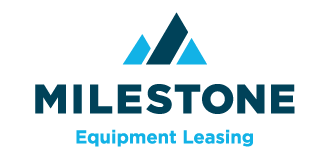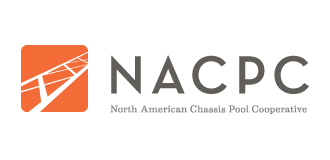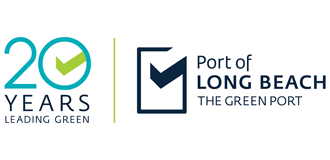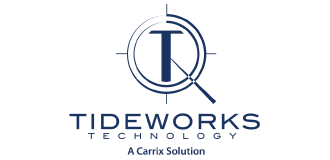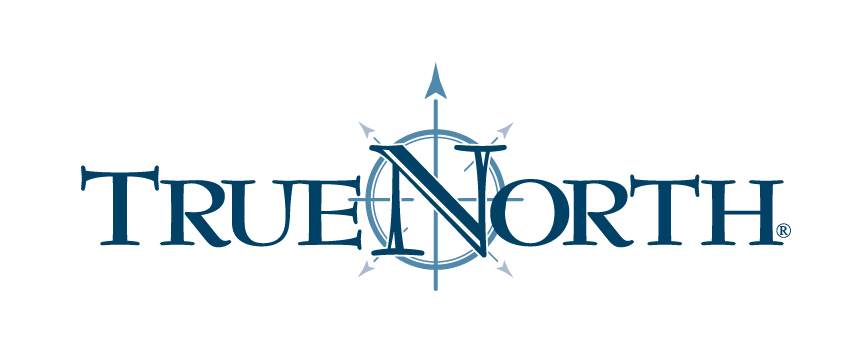Introduction
The Intermodal Association of North America (IANA) is a trade association of companies whose members include intermodal service providers, their suppliers. and others with an interest in the growth of the industry. IANA’s mission is to promote the benefits of intermodal freight transportation and to encourage its growth through innovation and dialogue. IANA’s activities in support of this mission include monitoring legislative, regulatory and business activities that affect the industry, undertaking certain join t projects, conducting informational and educational meetings for its members, publicizing the benefits and accomplishments of intermodalism, and administering on behalf of subscribers the Uniform Intermodal & Facilities Access Agreement and the Uniform Storage and Detention Code.
IANA’s activities, as devised, are fully consistent with the antitrust laws. Nevertheless, like any trade association, IANA undertakes activities on the basis of discussions and agreements among individuals who include representatives of competing companies. Because these circumstances can give rise to suspicions of joint activities that violate the antitrust laws, the following information is provided as a brief overview of antitrust law "danger zones” and a guide to ensure antitrust compliance. IANA and its members should become familiar with its principles to ensure that their activities fall well within the bounds of permissible activity.
Statement of Policy
IANA’s policy is to comply fully with all laws, including the antitrust laws, and to avoid conduct that may give even the appearance of wrongdoing. Full compliance with the antitrust laws fosters full and fair competition among providers of intermodal services, furthering IANA’s mission.
The Need for Antitrust Compliance
Antitrust compliance is also essential to avoid the substantial civil and criminal penalties that can be imposed for violations of those laws. If, in the course of their association activities, members violate the antitrust laws, they could subject themselves, their companies and IANA to severe fines and penalties. The most serious violations carry the potential for criminal penalties, under which IANA could be fined up to $10 million per offense, and individual offenders could be fined up to $350,000 per offense and imprisoned for up to three years. Persons who suffer harm because of an antitrust violation can recover three times the amount of damages they have suffered, plus their litigation costs and attorney’s fees. Penalties under state antitrust laws may also apply.
The mere allegation of an antitrust offense can impose enormous personal and professional costs on the individuals involved. Even when charges are ultimately proved untrue, the costs on an organization and its members of defending against unfounded allegations are likely to be very significant.
The following compliance guidelines and information about the antitrust laws is intended to provide IANA members and staff with practical advice in identifying potential problem areas and to assure that their actions will remain within the law. It is, however, impossible to anticipate every situation which might arise, and specific factual circumstances are always important in assessing the validity of conduct under the antitrust laws. You should thus always consult IANA’s or your company’s antitrust counsel whenever you have any doubts or concerns regarding the applicability of the antitrust laws to any conduct undertaken in connection with IANA matters.
Conduct that Raises Antitrust Concerns
Agreements among competitors about matters on which they would otherwise compete present the greatest antitrust concern to IANA and its members. Certain such agreements are considered so likely to harm competition that they are generally prohibited per se, without any inquiry into whether they are reasonable or justified. These are agreements to:
- fix prices or any terms and conditions of sale, such as credit, insurance or transportation terms, or warranties;
- divide markets, such as by allocating service territories or customers who will be served;
- limit sales, service or capacity levels;
- boycott or refuse to deal with any competitor or customer;
- discriminate in favor of any competitor or customer; and
- monopolize or attempt to monopolize markets.
In addition to agreements which constitute per se antitrust violations, the antitrust laws also prohibit agreements which operate to restrain trade unreasonably. These are judged under the "rule of reason,” which weighs the competitive benefits of the agreement against its potential for competitive harm.
It is important to keep in mind that an "agreement” for antitrust purposes need not be written; nor does it have to be supported by specific oral statements. Courts can infer agreements from conduct, from the surrounding circumstances and, most commonly, from notes, minutes, memoranda and other documents that, when read together, support a claim that an agreement was reached. Members must take care to assure that their companies’ commercial decisions are made unilaterally and independently, and that they do not engage in any activity which would make it appear that this was not the case.
If you believe that any activities or discussions related to IANA business might constitute agreements of antitrust concern, immediately contact IANA counsel and, if appropriate, your company’s counsel to address the problem. You should not speculate, either orally or in writing, as to the lawfulness or the legal consequences of specific conduct, although you should request that the conduct be stopped pending consultation with legal counsel.
Guidelines for IANA Meetings
- Keep in mind the trade association purposes of IANA and participate only in discussions that further those purposes.
Free and open discussion on matters of concern to the intermodal industry is essential to the success of IANA’s activities. Discussions among IANA members should, however, be limited to matters which appropriately advance IANA’s purposes.
- All meetings must be operated on the basis of a pre-circulated agenda.
An agenda sets the meeting tone and provides topical guidance that enables participants to know whether they are acting in accordance with the purposes of IANA. Any questions concerning the agenda should be raised with IANA counsel or your company’s counsel before the meeting if possible. At the meeting, discussion of matters not on the agenda should generally be avoided.
- Avoid any discussion of matters pertaining to the way your company competes, including discussions of any member or nonmember company's prices, services, customers, costs, or non-public future plans.
Discussions with competitors concerning commercial or competitive matters always carry a significant antitrust risk. Even if those discussions are not unlawful in themselves, they may be used later to suggest that IANA or its members had an implicit or tacit agreement that would violate the law.
There should be no discussions at IANA meetings of any matters involving:
If you become aware of any such discussions, you should stop the discussion until the matter can be reviewed with counsel. If the conversation continues, excuse yourself. Report any such conversations to IANA’s or your company’s counsel.
- Prices, or other commercial terms and conditions, with respect to any product or service;
- service levels or quotas;
- specific customers, competitors or markets, including any customers or areas as to which sales should or should not be made;
- information concerning any individual company's costs, profits, inventory, pricing formulas, market share, or other commercial information of a nonpublic nature.
- Do not engage in any "off the record” discussions or "rump sessions” concerning sensitive matters pertaining to the way in which your company competes or otherwise does business.
Substantive discussions should be limited to formal meetings at which counsel or a member or staff representative attuned to antitrust issues is present. Informal discussions of the type that could take place outside a formal meeting often raise the most serious antitrust problems.
No substantive discussion should take place in small groups or "rump sessions” outside a formally constituted IANA meeting.
- Official minutes of IANA meetings must be accurate and complete.
As the official record of IANA proceedings, minutes of IANA meetings are potentially of great legal significance. They should accurately and briefly summarize the discussion, describe any actions taken and give the reasons for those actions. The Chairman of each committee should take responsibility for assuring that minutes of meetings are clear, concise, accurate and complete. Any questions about the minutes should be raised with antitrust counsel before they are circulated to the members.
- Do not disparage other companies or their products and services.
Members should not take actions which could be construed as expressing an agreement to exclude or discriminate against any company, whether or not it is an IANA member.
- If you are in doubt about any activity in connection with an IANA meeting, consult IANA's or your company's counsel.
No guide can fully delimit the scope of permissible and impermissible activities under the antitrust laws. Counsel should be consulted whenever a matter appears to raise antitrust concerns.
Standard-Setting Activities
IANA administers several uniform agreements governing certain intermodal services. In addition, in the course of its activities, IANA will be considering technical and operational standards, and the development of electronic data interchange that will improve the efficiency, safety and competitiveness of intermodal participants. Such standard-setting activity is permitted by the antitrust laws, which recognize that developing standards is an important and legitimate function of trade associations. By eliminating unnecessary incompatibility of products and services, or improving the safety and efficiency of equipment, standards can benefit both the providers and the users of those products and services.
Standards must, however, be developed and implemented carefully to assure their compliance with the antitrust laws. In particular, standards should:
- be advantageous to those who adopt them and their customers. Standards should not be adopted unless they will improve safety, or efficiency, reduce costs or the like;
- be voluntary. There should never be any agreement or pressure to influence individual companies to adhere to uniform standards; rather, each company should be free to decide on its own whether to adopt or reject the standard;
be set in a process which is fair, open, and representative: - not arbitrarily exclude competitors or reduce output in a market; and
- focus on technical and operational factors and avoid unnecessarily addressing commercial factors. If companies compete on the basis of a difference that will be eliminated by a standard, the standard should be reviewed closely by antitrust counsel before it is adopted.
Exemptions from the Antitrust Laws
There are immunities from and exemptions to the antitrust laws which may apply in some circumstances to activities of IANA and its members. The antitrust laws do not, for example, prohibit:
- good faith efforts to seek action from any branch of the government:
- activities which are specifically exempted from the antitrust laws by statute; for example, activities under agreements approved by the Federal Maritime Commission and immunized from antitrust liability by the Shipping Act of 1984:
- intrastate activities undertaken pursuant to a clearly articulated state policy to replace competition with regulation, and which are actively supervised by the state.
Antitrust exemptions can be narrowly construed, and their application to specific conduct generally raises significant questions of law and fact. Therefore, if activity is of the type to raise antitrust concerns, it should never be simply assumed that an exemption applies. Rather, the issue should be raised with counsel.
Conclusion
These guidelines should make you aware of the antitrust "danger zones.” If they are understood and adhered to, the legitimate business of IANA can be conducted with a minimum of antitrust risk.
These guidelines cannot, however, cover every issue that may arise; nor can they be taken as advice that any specific conduct does or does not violate the antitrust laws. You should advise IANA’s counsel or your company’s counsel whenever you have any questions concerning compliance with the antitrust laws in connection with IANA matters.





